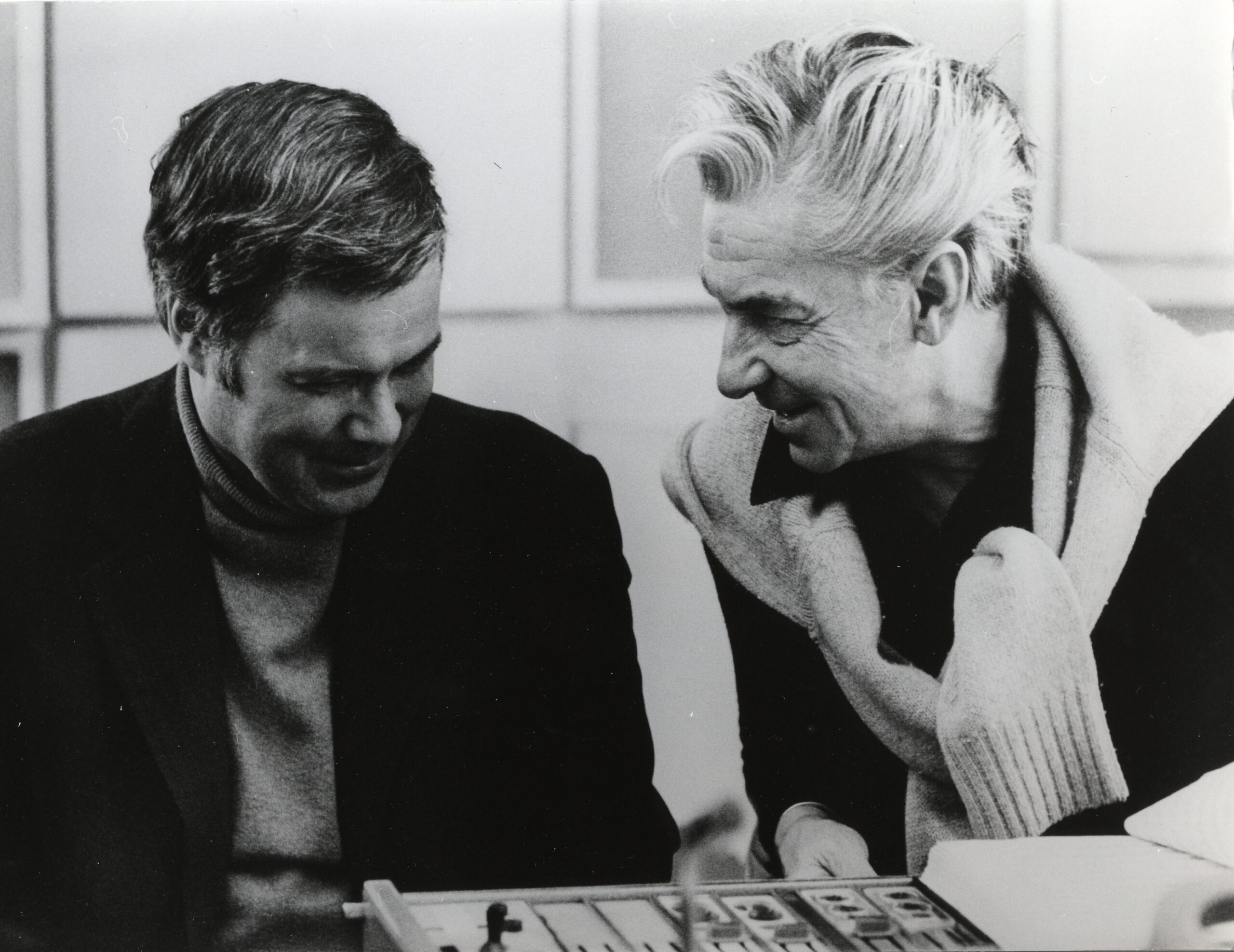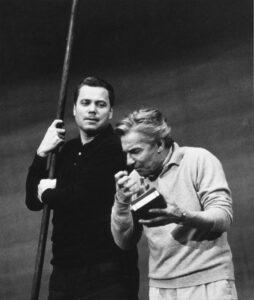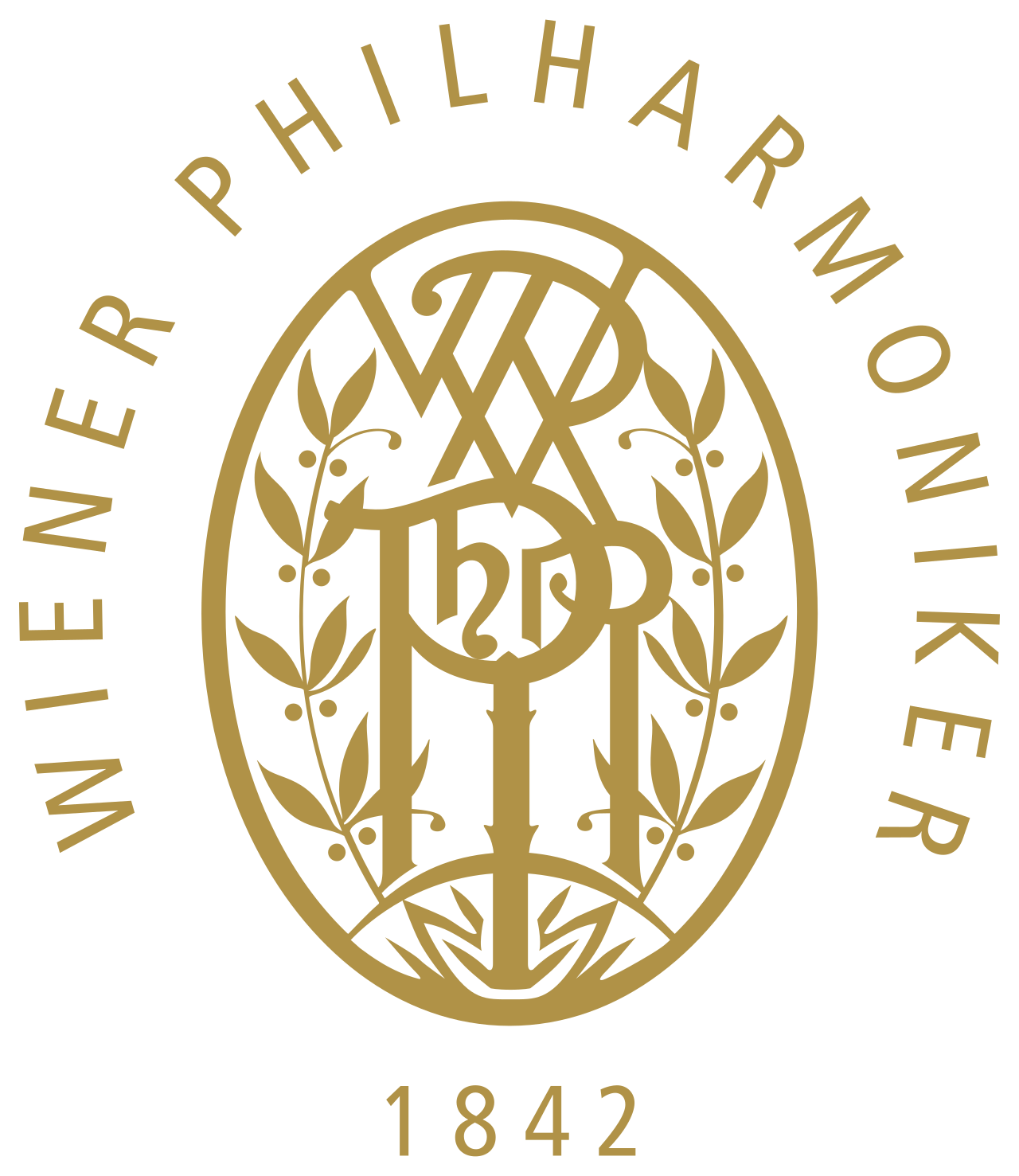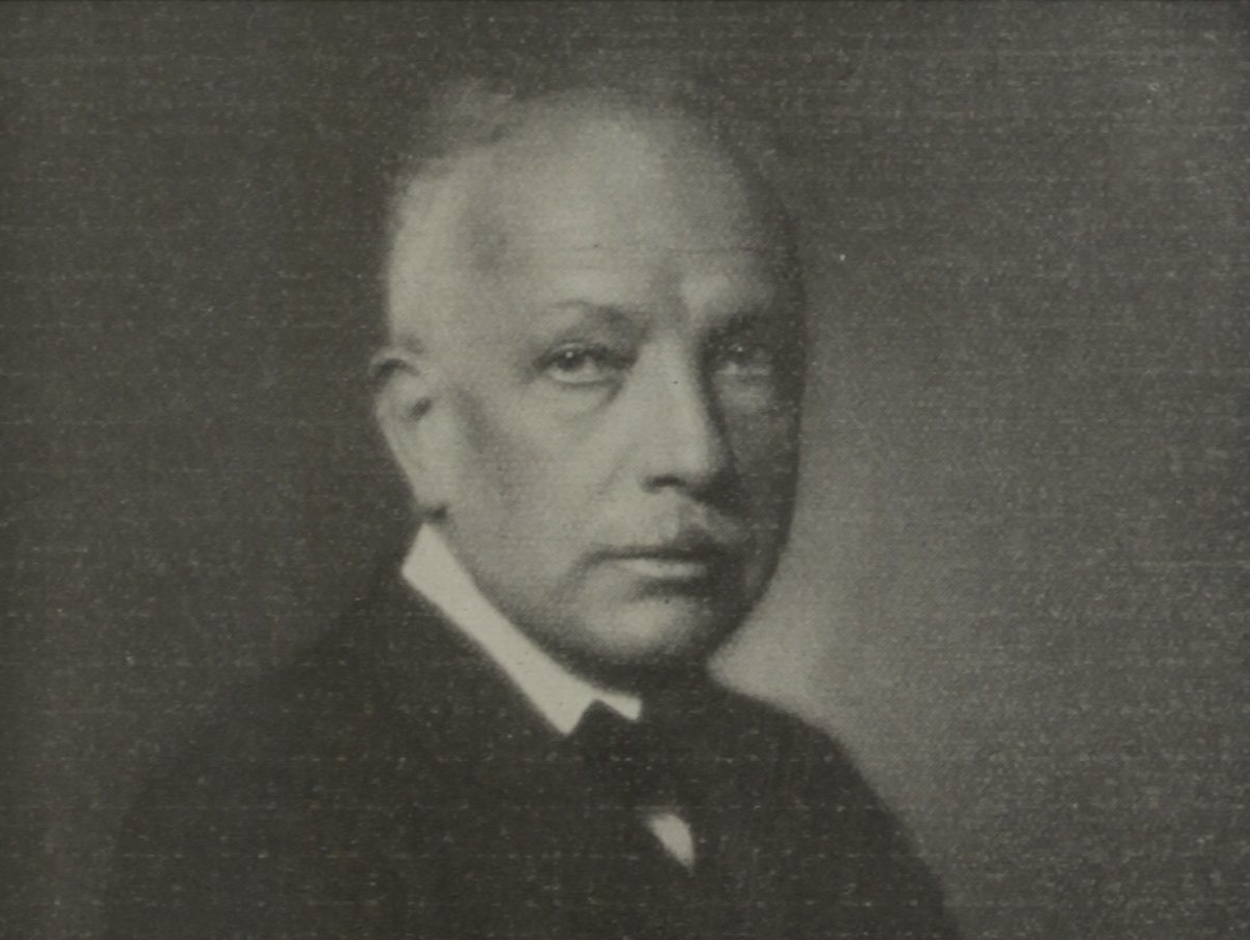22 December 2022
P.R. Jenkins
Karajan artists: Dietrich Fischer-Dieskau – the allrounder

“The most influential singer of the 20th century”, “A god”, “Le miracle” – that’s what the experts wrote about him. Dietrich Fischer-Dieskau (1925 – 2012) was a superlative artist.
There was certainly no singer in the 20th century (or ever?) who had a broader repertoire in Lied, opera and oratorio, from Heinrich Schütz up to Aribert Reimann. And no singer has produced more records than he did – more than 400. Karajan worked with him in several concerts featuring Brahms’ ”German Requiem” and on three major record projects: Bach’s “St Matthew Passion”, Haydn’s “Creation” and Wagner’s “Rheingold”.

Fischer-Dieskau was Wotan in the studio and later in the year on stage at the Salzburg Easter Festival. Karajan wrote this letter to him after the recording.


München 20. II. 68 (aus dem Krankenhaus)
Mein lieber Herr Fischer Dieskau,
vor 5 Tagen hörte ich die erste Probeplatte von Rheingold – es gibt doch noch Stunden wo man sich sagt dass alle Hindernisse und Schwierigkeiten weggeweht sind und nur das bleibt an was man tief innerlich geglaubt hat: Was Sie auf den ersten Anhieb fertigbrachten ist so grossartig dass man lange brauchen wird um es erst voll zu würdigen. Sie haben den Stil der mir vorschwebte geradezu vollendet realisiert. SYMBOL vor allem aber im Symbol von tiefer Menschlichkeit (und deshalb so überzeugend) ein Muster an Prägnanz und Belkanto zugleich. Und noch eines – die Figur hat noch die Faszination eines späten Renaissancefürsten mitbekommen. Ich bitte und beschwöre Sie lassen Sie sich das Band das zu Ihrer Verfügung steht so lange vorspielen dass dies Alles zur zweiten Natur wird und wir darauf die szenische Realisierung aufbauen können. Ich war – zwischen zwei Grippeanfällen 6 Tage in Salzburg und habe uns eine szenische Realisierung aufgebaut auf die Sie sich freuen können. Bitte passen Sie in dieser Virus verseuchten Zeit gut auf sich auf. Auf Wiedersehen in Salzburg!
In Verbundenheit Ihr
Herbert von Karajan
Munich, 20 February 1968 (from hospital)
My dear Herr Fischer-Dieskau,
Five days ago I listened to the first test LP for “Rheingold” – there are some precious moments when all the obstacles and difficulties have vanished and what is left is something I profoundly believe in. At the first attempt, you have achieved something that is so magnificent that it will take time to be fully appreciated. This is the style I had in my mind, and you embody it to perfection. SYMBOLIC but above all a symbol of the profoundest humanity (which is what makes it so convincing) and a model of cogency and bel canto at one and the same time. As you sing it, the character also has something of the fascination of a late-Renaissance aristocrat. I beg you, listen to the tape you have at your disposal for as long as it takes for it to become second nature to you. Then we can use it as a basis for the stage production. Between two bouts of flu, I spent six days in Salzburg preparing a scenic production that you can look forward to. Please look after yourself in these virus-contaminated days. See you in Salzburg!
Yours with kindest regards,
Herbert von Karajan

Fischer-Dieskau and Karajan met once more in 1978 at Oxford University, where both of them received the degree of “Doctor of Music”. Fischer-Dieskau soon experienced that a conductor is a conductor in every situation life presents. As they walked next to each other in the procession to the Sheldonian Theatre, with organ and trumpets playing, Karajan hissed: “Don’t walk in time with the music!”
We’ve prepared playlists with Karajan and Fischer-Dieskau. Listen to them here.
— P.R. Jenkins


